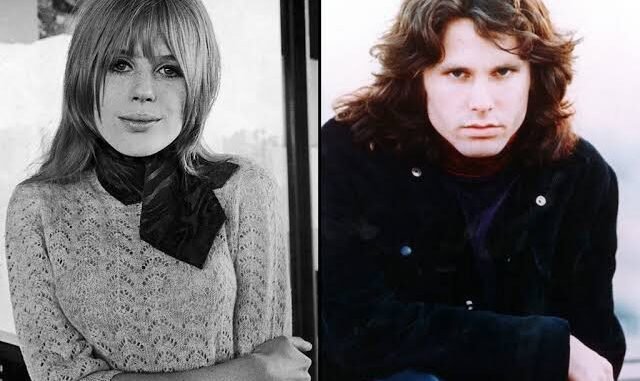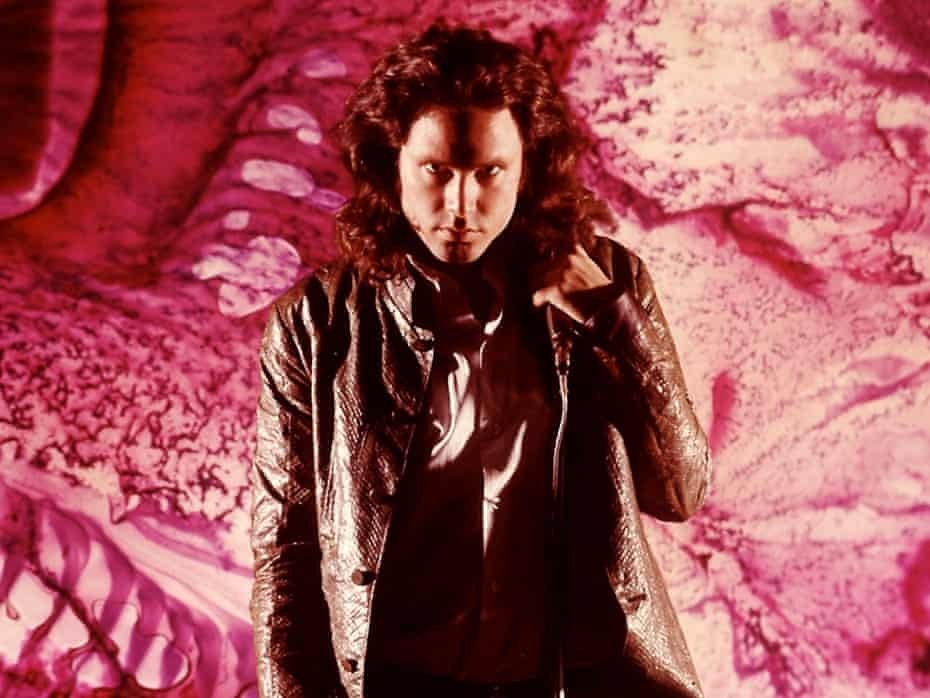
More than a decade ago, legendary British singer Marianne Faithfull made a shocking and deeply personal revelation: she believes her then-boyfriend, Jean de Breteuil, was responsible for the death of Jim Morrison, the enigmatic frontman of The Doors. Speaking to Mojo magazine in a candid interview, Faithfull offered her account of what she says happened in July 1971 — the night Morrison died in Paris at age 27.
According to Faithfull, de Breteuil, a well-known heroin dealer in elite rock circles at the time, was the one who supplied Morrison with the fatal dose. “He went to see Jim Morrison and killed him,” she said bluntly. “I mean, I’m sure it was an accident. Poor bastard. The smack was too strong? Yeah. And he died.”
Morrison’s death has long been surrounded by mystery and speculation. Official reports stated that he died of heart failure, and no autopsy was performed, leaving ample room for conspiracy theories and unanswered questions. He was found in the bathtub of his Paris apartment on July 3, 1971. No one knows for sure what happened that night — but Faithfull’s comments have reignited debate over the true cause of Morrison’s death.
At the time, Faithfull was in a relationship with de Breteuil, who was infamous for supplying drugs to celebrities throughout the late 1960s and early 1970s. She claimed she could have accompanied him to Morrison’s apartment that night — but something held her back. “I could intuitively feel trouble,” she told Mojo. “I thought, I’ll take a few Tuinal [a barbiturate] and I won’t be there.”
While Faithfull insists she had no direct involvement, her story adds another layer of intrigue to the mythology surrounding Morrison’s tragic end. Her matter-of-fact tone — combined with her own well-documented struggles with addiction — lend a raw authenticity to the revelation.
“Everybody connected to the death of this poor guy is dead now,” she added. “Except me.”
Jean de Breteuil himself died of a heroin overdose later that same year, in Morocco, at just 22 years old. His name has long lingered in the shadows of rock history, but Faithfull’s claim placed him squarely at the center of one of its most iconic mysteries.
Marianne Faithfull’s account doesn’t provide definitive closure, but it does pull back the curtain on the dark, drug-fueled undercurrents of that era — and on a night that would forever change the legacy of one of rock’s most mythologized figures.
Leave a Reply